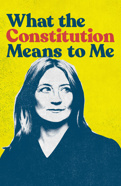What the Constitution Means to Me's Heidi Schreck on Getting Notes from Her Mother, Thinking of Who Else Can Play Her & More

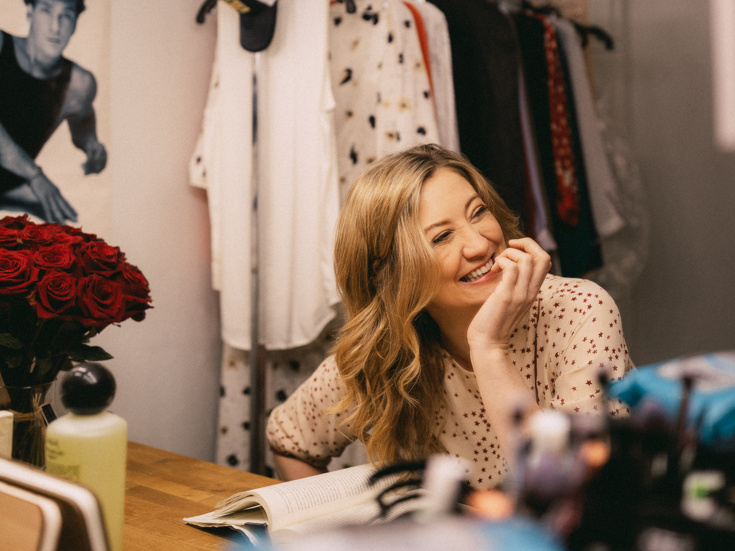
(Photos by Emilio Madrid-Kuser for Broadway.com)
Heidi Schreck nabbed Tony nominations for Best Play and Best Leading Actress, and was also named a Pulitzer finalist, for her autobiographical play What the Constitution Means to Me. The wave of acclaim has come as a surprise to the Washington native, who ran a theater company in Seattle before moving to New York at the age of 32, because she says Broadway was never an end goal for her. “At that time, my interests were very much in downtown and experimental theater. I didn't think the kind of theater I liked or performed in or the kind of plays I wrote would be suitable for commercial theater,” she says. “But I feel really lucky to be here. It's definitely like a little girl dream come true.” Constitution follows Schreck from a 15-year-old student giving starry-eyed speeches on the United States Constitution to a 47-year-old woman analyzing a more complicated relationship with the document. Broadway.com spoke with the newly minted Tony nominee about the future of Broadway, filming the play, and why audiences have been voting to abolish the Constitution a lot more lately.
This show is going to L.A.! Is it fair to assume that you're going with it?
We're still working on that. [Laughs.]
Can other people play this role?
This is a fantastic question and something we're in the middle of a lot of discussion about right now. First of all, I absolutely think people can do it in the future... I am playing myself. I'm also playing a fictional version of myself. I'm also playing a young woman who grows up from 15 to age 47 over the course of the play. And I believe that's a thing so many fantastic women actors could do. I think there will need to be a moment when that actress steps out the way, say, Mike [Iveson]'s character steps out and speaks for himself. I think there will have to be some acknowledgement that that person is a whole other person and has a whole other history and story to tell.
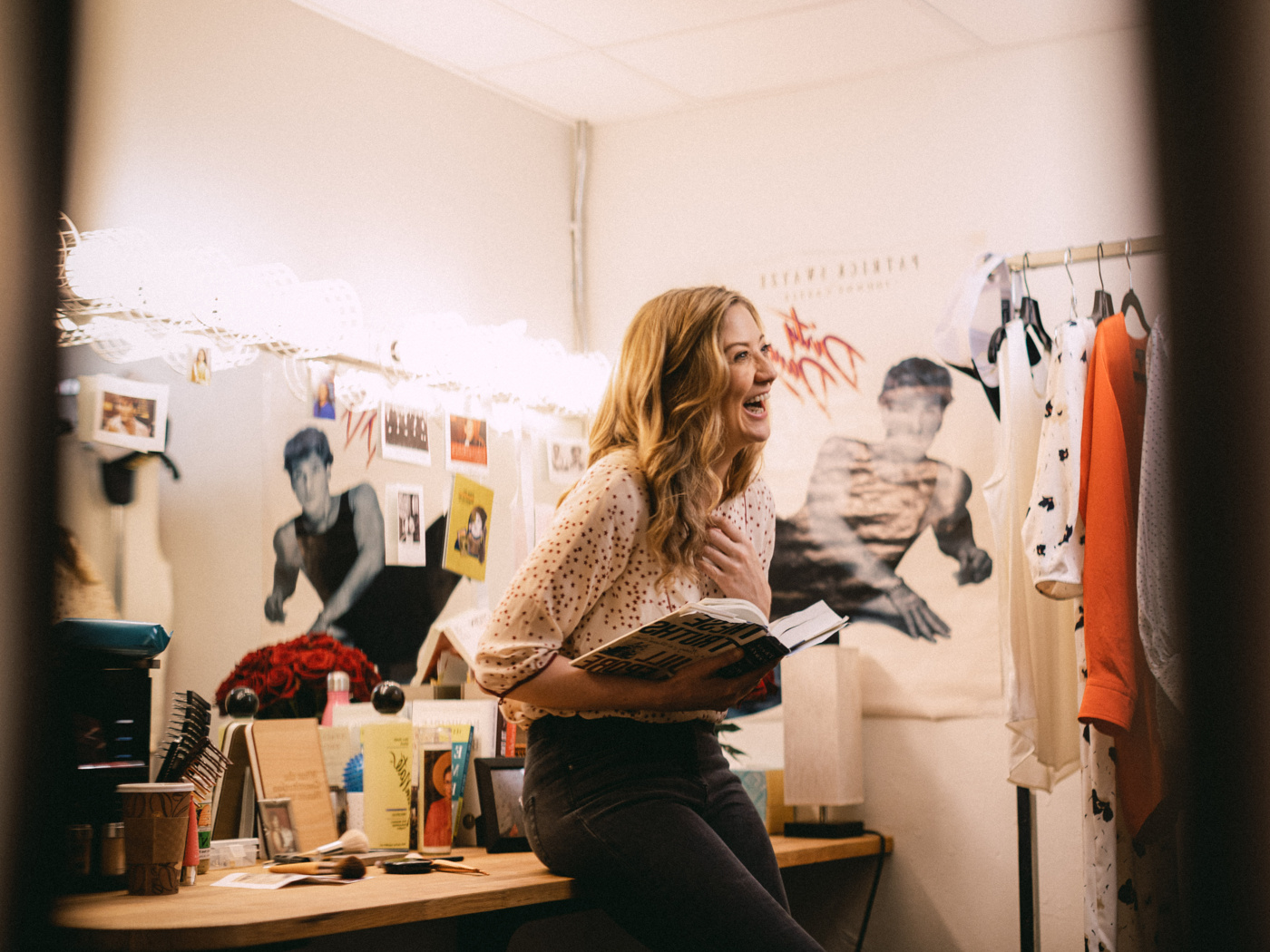
You got a Best Lead Actress nomination for playing yourself, which isn't unheard of, but still rare.
Yes, I know. I believe John Leguizamo played himself. He was nominated for both, wasn't he? I'm not sure. Someone needs to fact check me. But yes, I was surprised by it.
You're double-nominated—for Best Play as well.
I obviously had heard that there was chatter about the fact that the play might be nominated. I tried not to get my hopes up for any of it, but I did have a hope for the play. But I was very surprised by the actress nomination. First of all, to be in that group of women, who are all my heroes, was exhilarating. Also, I was grateful that the nominating committee understood that what I was doing was giving a very carefully crafted performance. I think you could watch it and not know that, and so I was grateful that they saw that I am, indeed, acting.
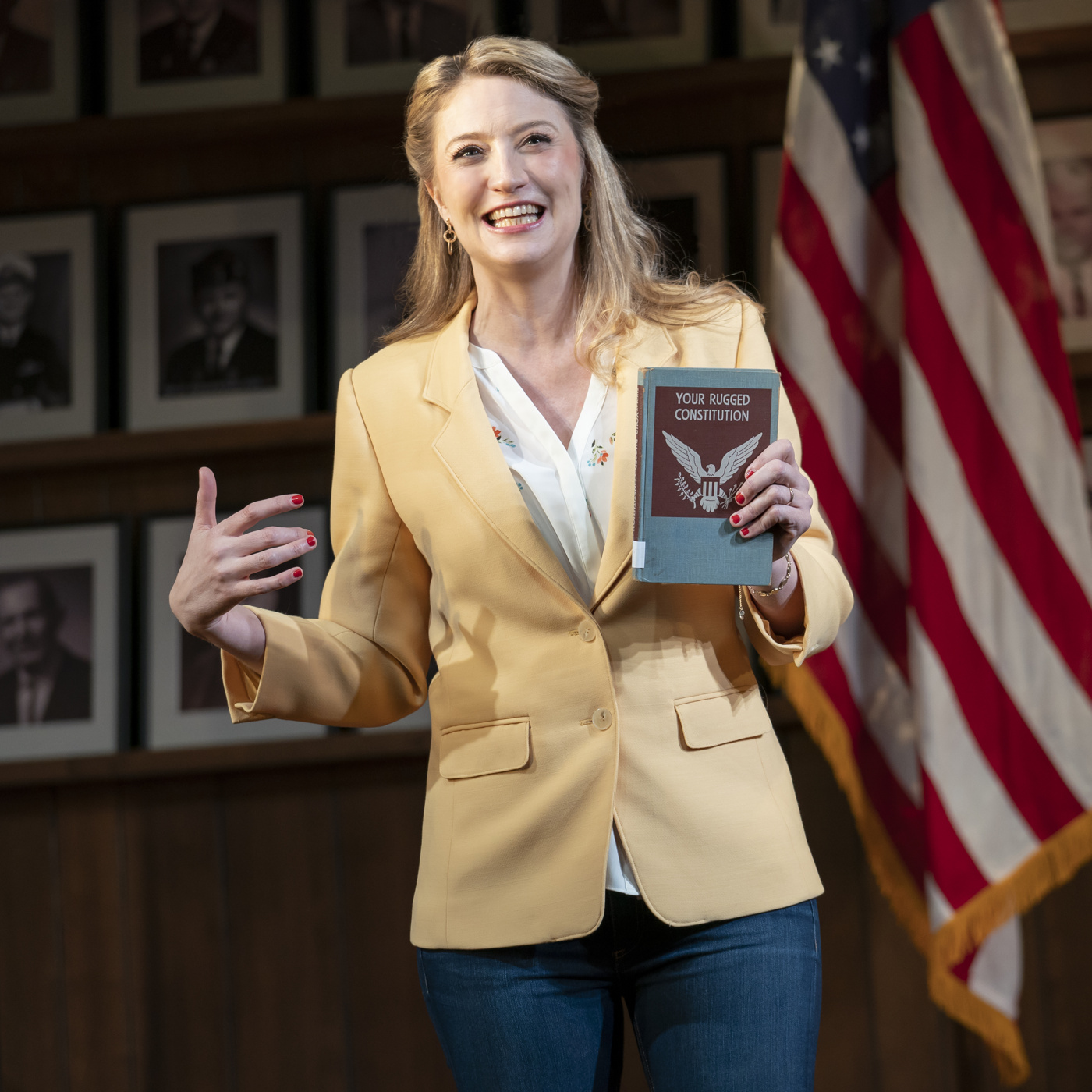
You're one of only three female writers [along with Anaïs Mitchell of Hadestown and Dominique Morisseau of Ain’t Too Proud] with new works on Broadway right now. What's it like to be in that other kind of bad, small club?
[Laughs.] Well, first of all, it's a good club. It's just small. But my hope is that what's happening with Hadestown and with my play and with Dominique's musical just demonstrates to people that plays by female and women-identifying writers can be successful on Broadway and can be successful in commercial theater. There's also so much incredible work going on off-Broadway by women writers, trans writers, and particularly black writers right now. It's a really radical moment in the American theater. I guess it's my hope and wish that in the next 10 years, we just get a season on Broadway that looks more like how our country looks. It makes more interesting art when it's not made by one group.
In the play, you tell the story of your mother and grandmother living through domestic abuse. Did you come to your mom with the idea of telling this story?
I started working on it about 10 years ago, but I think five years ago is when I realized that if I was going to speak about the Fourteenth Amendment in a personal way, that I would need to speak about the domestic violence in our family. I did go to my mom about five years ago, and I was very nervous. We went out for a glass of wine at the Pike Street Market in Seattle, and I basically laid out the whole concept of it for her. And she was like, 'That sounds like a fascinating concept,' which is nice, because I feel like she was one of the first people to say that! [Laughs.] She was concerned at the time, but also said, you know, 'I trust you to tell our stories. And it's your story, too. It's not my business to tell you whether or not to tell it.’ But it took a long time for both of us feel comfortable to have her come to the play.
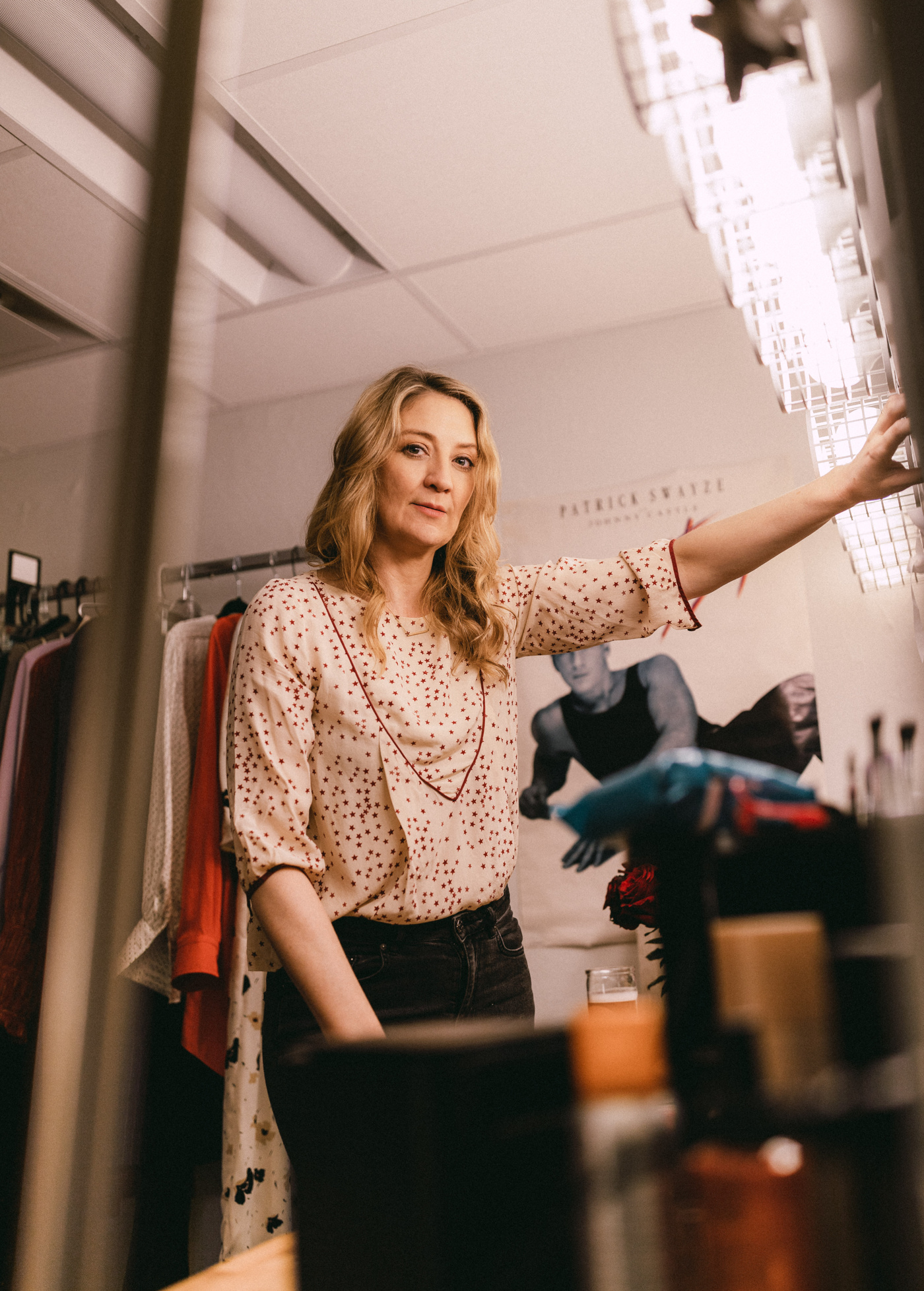
You said that she didn't come see it off-Broadway, but I know she came to the Broadway opening. What was that experience like for both of you?
We had a great time. We got dressed together before and did our makeup and stuff. And I went through everything with her again. I just said, 'I want to remind you, here are specifically some things I say that might be hard for you.' And she was like, 'I'm ready.' And then she had a great time at the opening party. And when we were riding home, she said, 'OK, that was kind of a blur. I'm gonna come back and see it on Tuesday.' And then she came back the second night, and she loved it! She's a drama teacher, so she had a few notes. She also told me she was grateful for how funny it was, which I appreciated.
Were there any typical mom notes?
She said she thought the questions at the end went on a little too long. That was all.
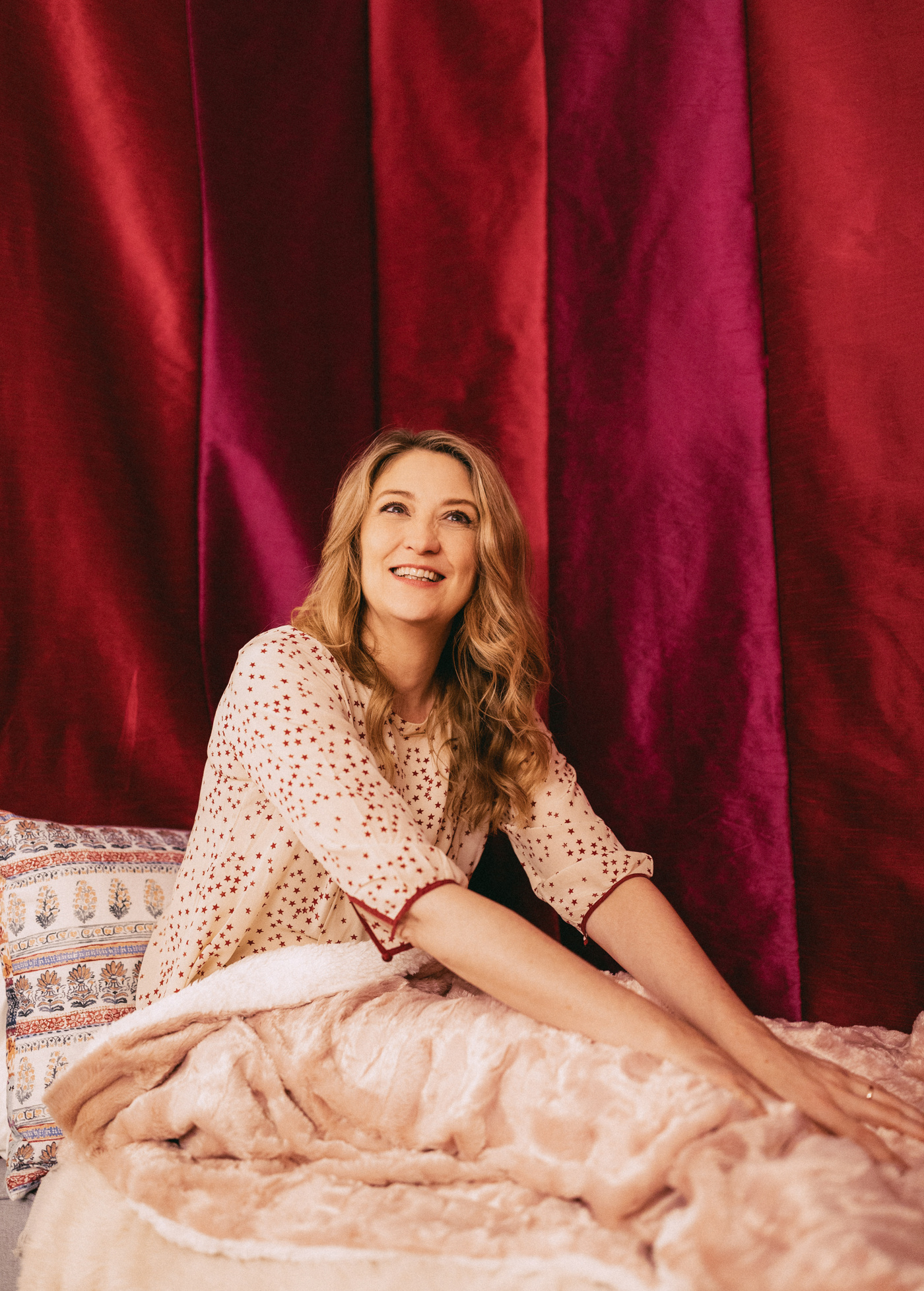
Do you want to change people's minds because you have more of a national audience coming in?
I don't want to tell the audience what to think, and I don't think I can change anyone's mind. I would love is for people to leave the theater invigorated and inspired by the same questions that I'm wrestling with in the play, which are, "What is the future of our country? How do we shape it? How do we find a way to give women in this country their full personhood? Is this document that we all grew up thinking was a work of genius really serving us anymore? Are there things we can do to make it serve us better?" And then also just maybe provide a space for people to to process and have feelings about what's going on in the country right now.
And speaking of what’s going on in the country, something very relevant to your play just happened.
Oh my God. Ugh!
Several states just passed extremely restrictive abortion laws. Since you share your own abortion story in the play, does it feel different to say that section now? Does the audience react differently to parts of the show that are in the news?
Both of those things are true. The audience has been very emotional this week. They also vote to abolish the Constitution a lot more, which I think is interesting because in some ways it's maybe the only thing protecting us. But I also think it's clear right now that something fundamental is not working. It's tricky for me because, especially this week, I've come to the theater so angry that I really have to do a lot of work before the show to remember that the 15-year-old isn't angry yet. I have to remember to let the show unfold the way it's supposed to unfold and not project all of my rage into the early parts of the show. It's also somewhat cathartic to have a place to work all this out.
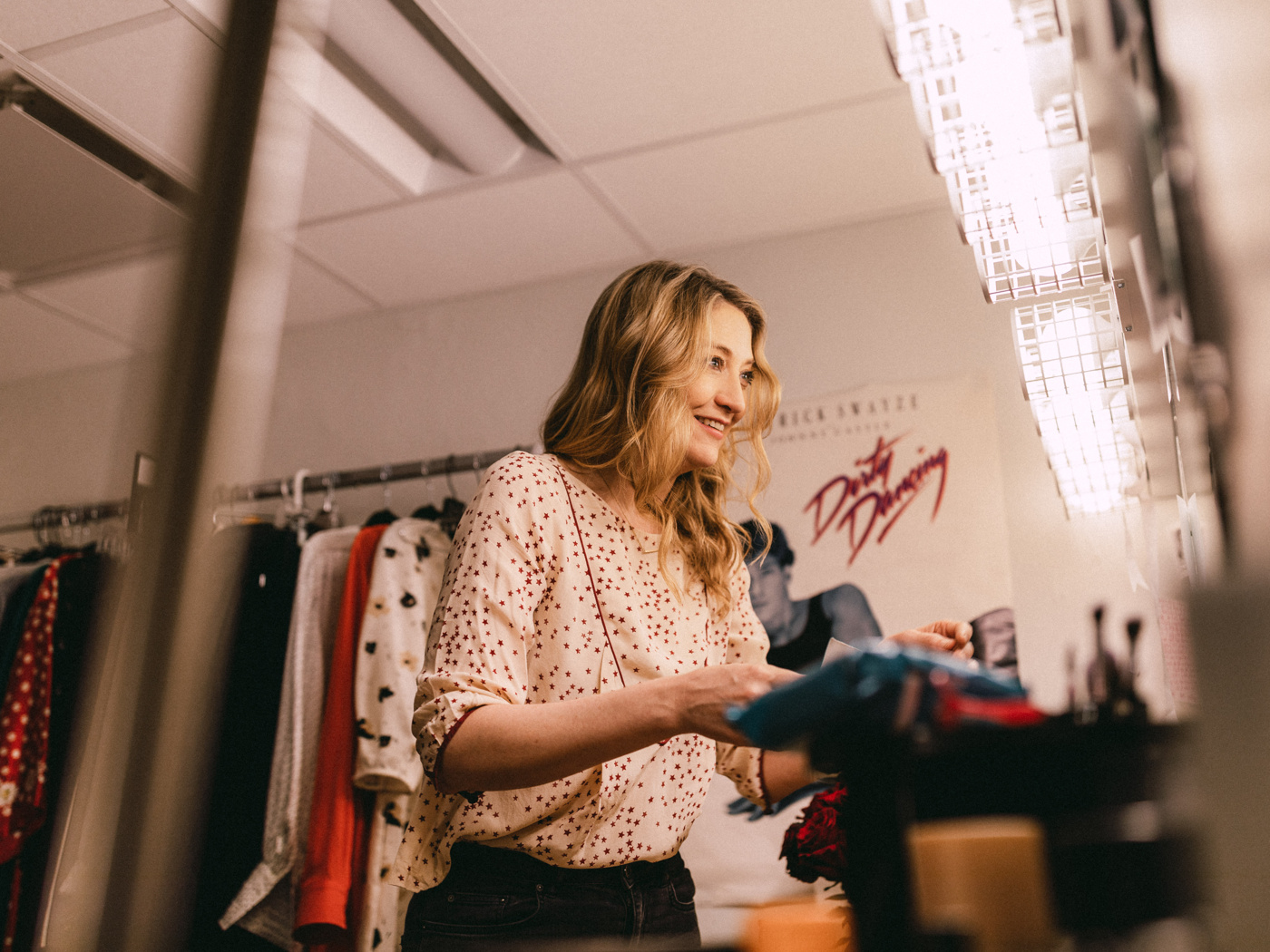
I don't want to compare it too much. But this play reminded me so much of Hannah Gadsby's Nanette on Netflix. Have you seen that?
Yeah. I loved Nanette. I actually saw it live. I haven't seen the Netflix yet.
Would you consider doing something like that, filming the show and having it live on that way?
Yes, I absolutely would. I am. We're in discussions about how to make that happen. I do think that, unlike Nanette, it actually is a play, and there's something to the play-ness of it that I would have to figure out how to address, but I think there's a way to do that. I would like more people to see it. I would like somebody like me to be able to see this play, like a 15-year-old girl in eastern Washington to be able to see it.
Also, I actually asked my editor, and she just messaged me saying John Leguizamo, as well as Billy Crystal, Bruce Springsteen, and Elaine Stritch all have Tonys for playing themselves.
Oh my God! This is amazing. OK, good company! [Laughs.]
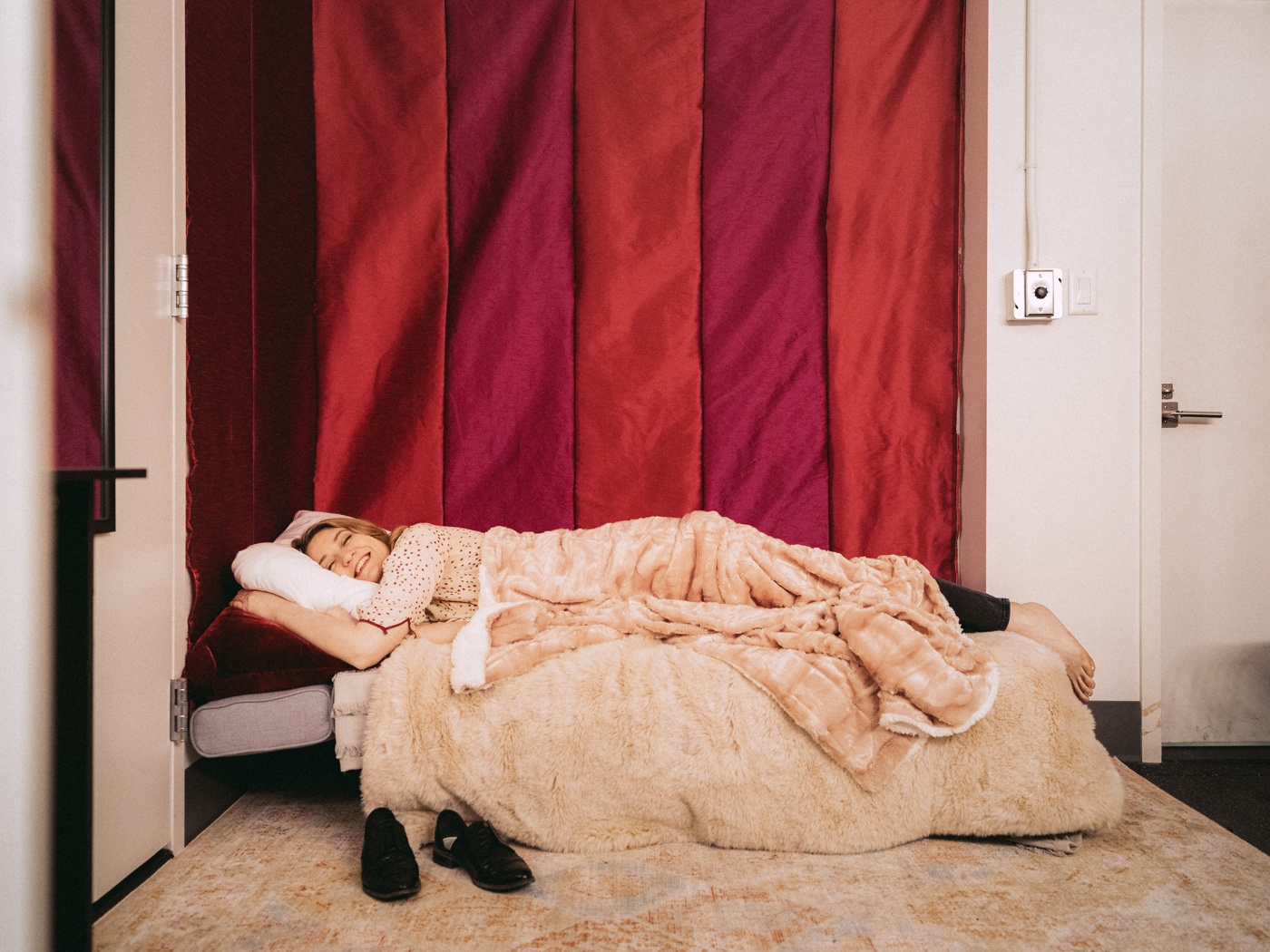
This interview has been edited for clarity and length.
